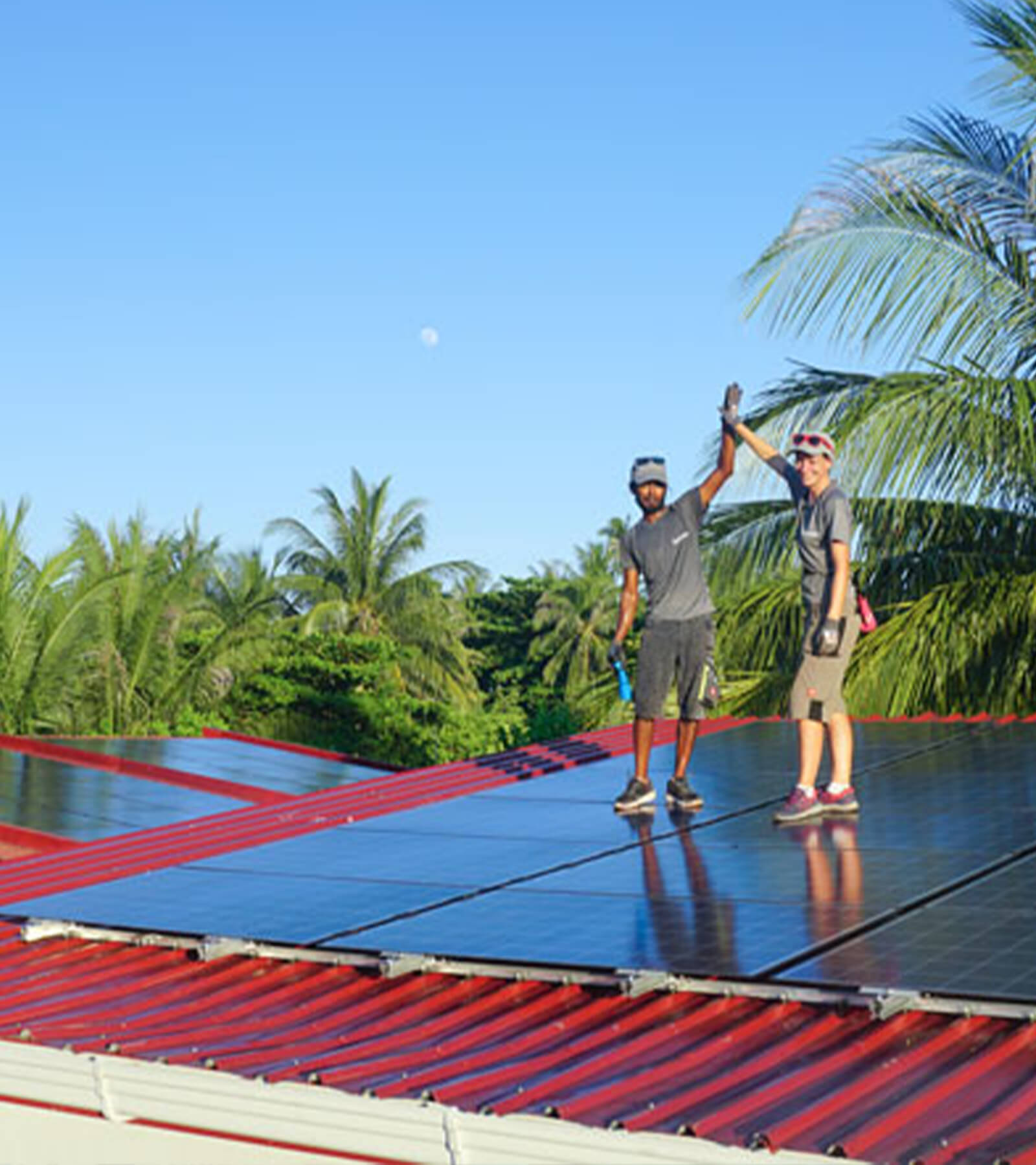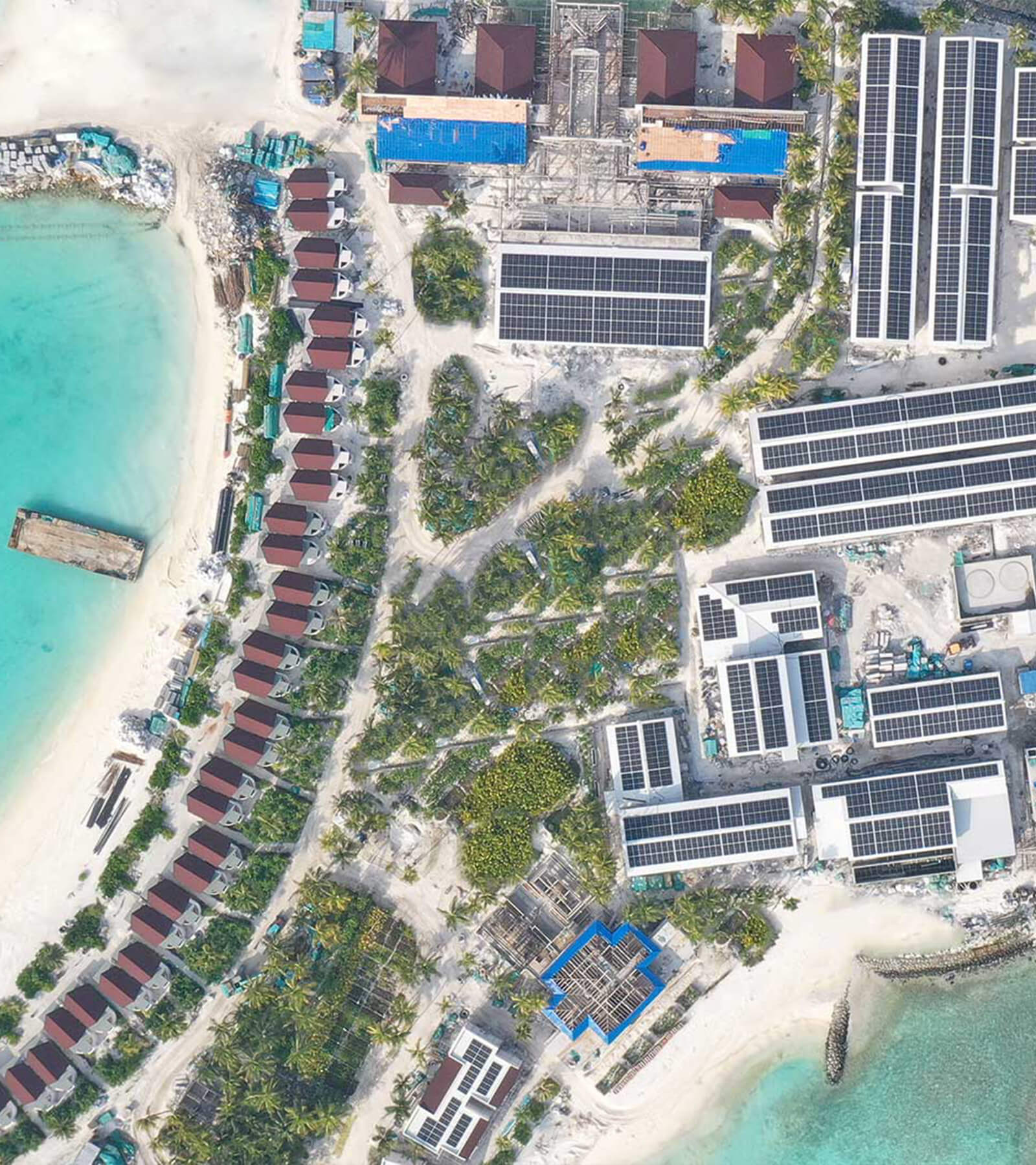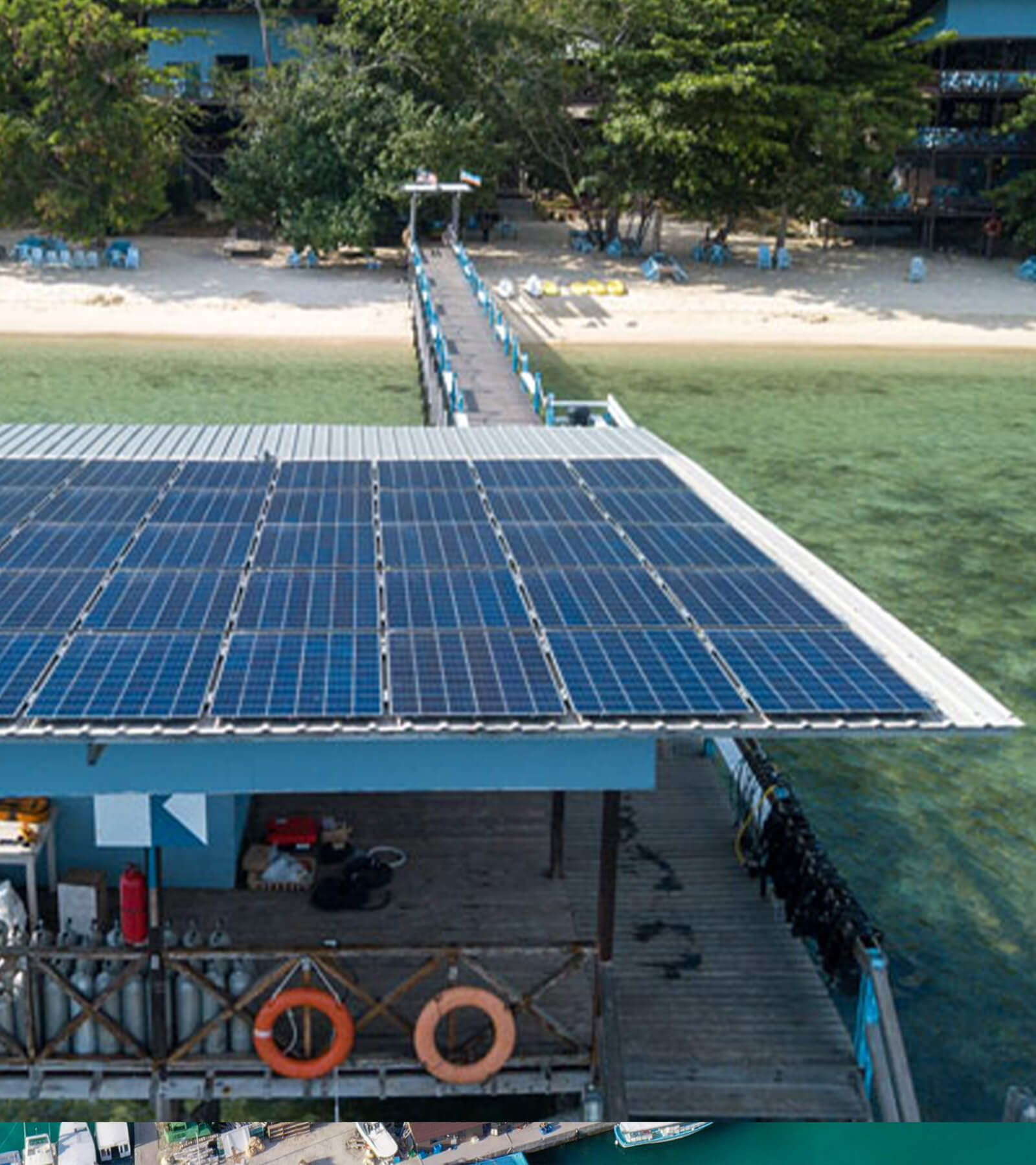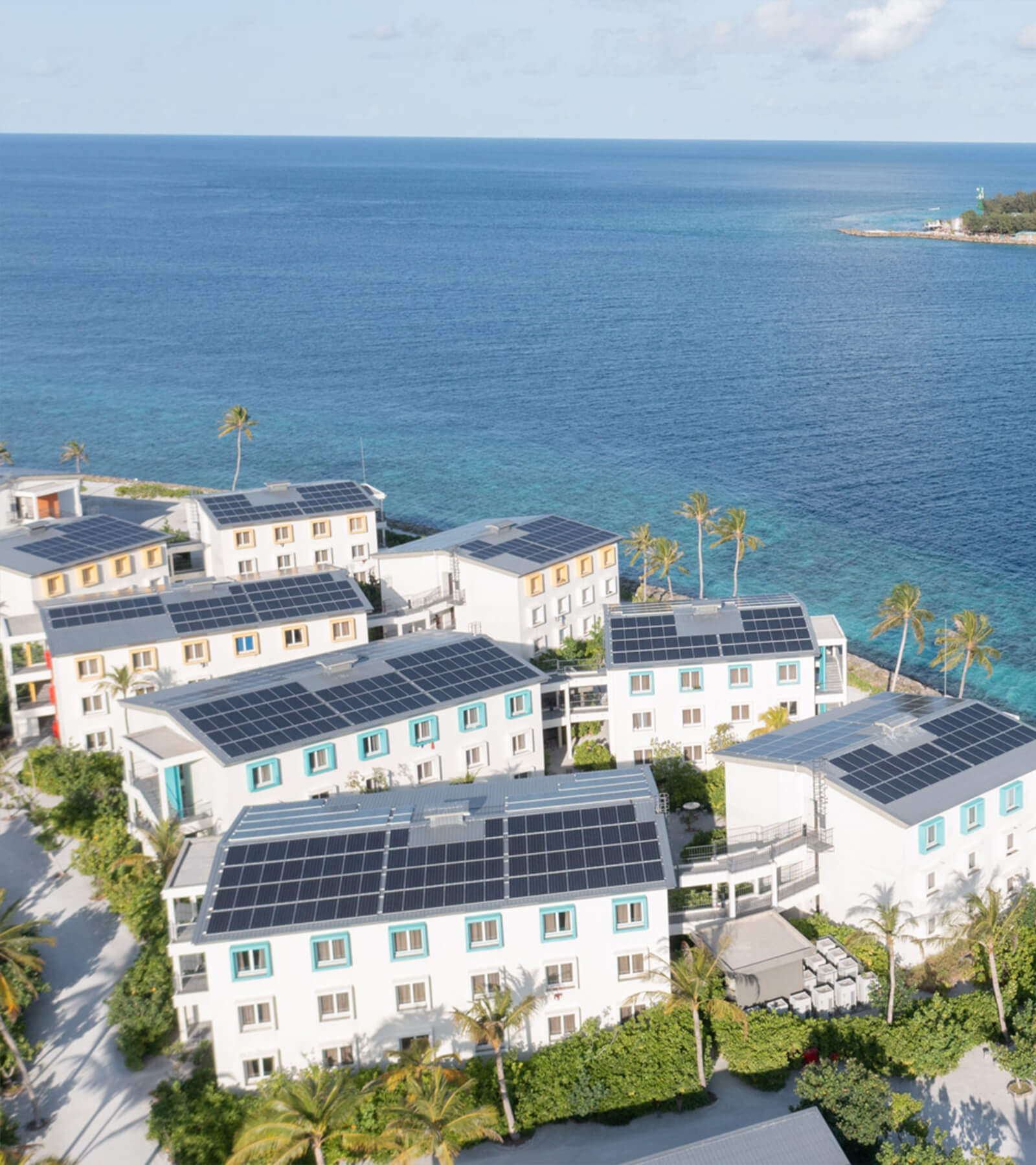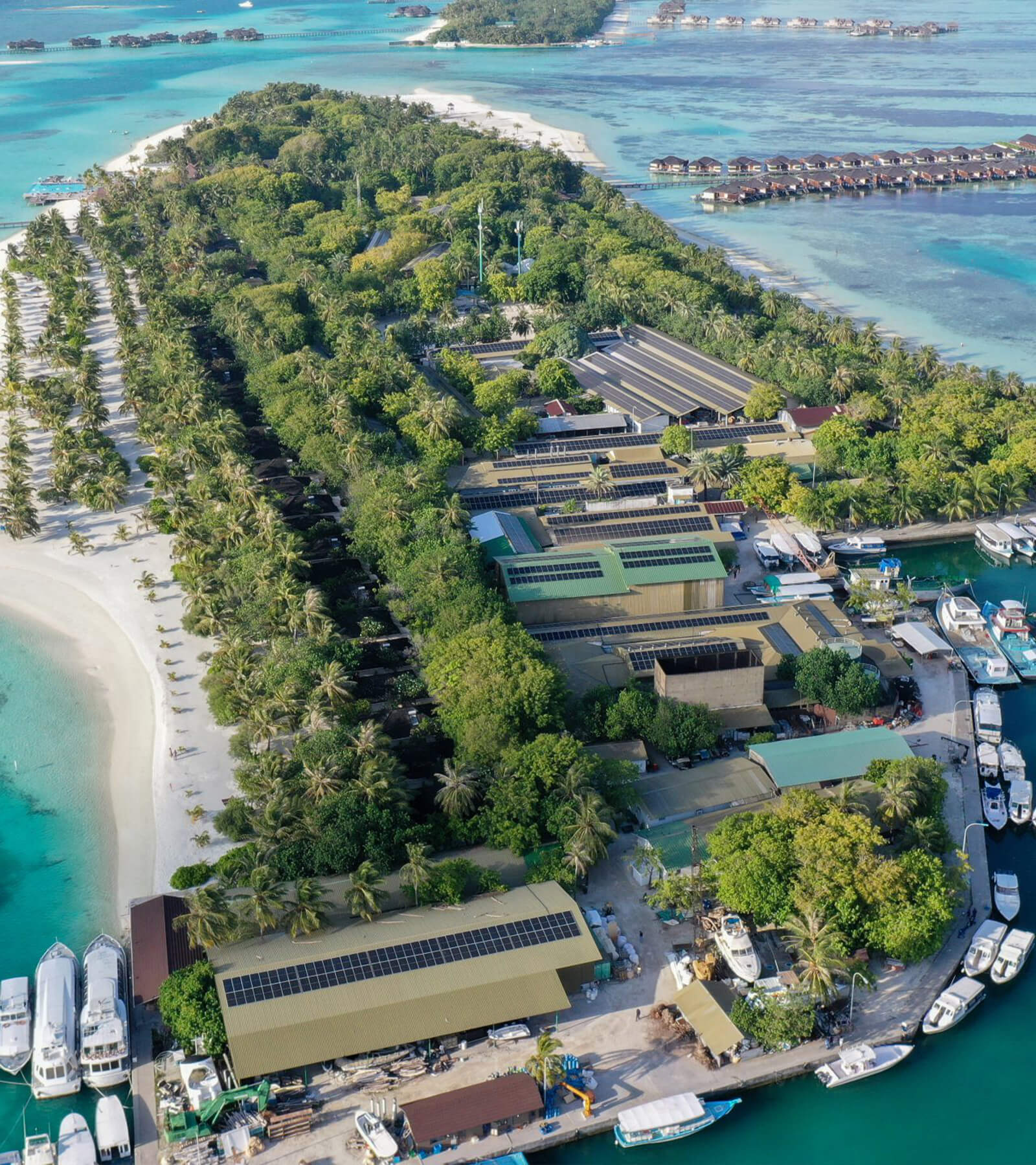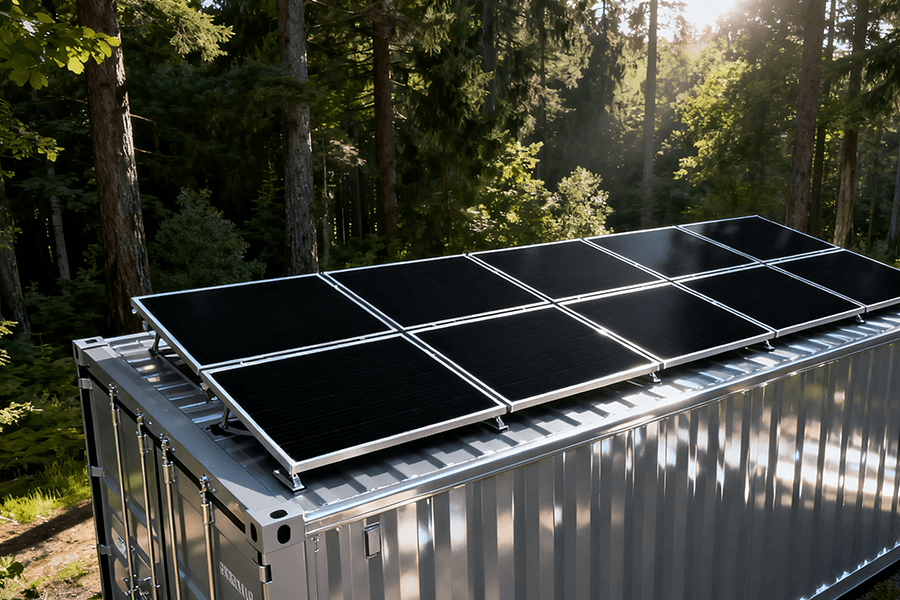
The Diesel Dilemma in Forest Camps
Let’s cut to the chase: European forest study camps are in a power pickle. Here’s the hard data:
- There are over 400 operational forest study camps across Europe, catering to over 150,000 students annually .
- A staggering 90% of these camps depend on diesel generators to power critical systems—from water filters to science equipment .
These generators aren’t just loud enough to scare away woodpeckers (and ruin stargazing lessons)—they’re financial time bombs. A single generator failure can cancel programs for a week, costing camps €8,000 or more in lost bookings, refunded fees, and emergency generator rentals .
Worse, diesel emissions violate strict EU wildlife protection rules in forested areas. The EU’s Natura 2000 network—covering 18% of Europe’s land—bans high-emission equipment in sensitive habitats, where even small pollutant levels can disrupt bird breeding and plant growth .
Enter BESS containers: compact, quiet, and emission-free power storage units that turn “uh-oh, the generator died” into “business as usual.” Think of them as a portable power bank for camps—if your power bank could keep 120 students learning during a grid outage in -15°C weather.
Core Applications: BESS Containers as Camp Lifelines
BESS containers aren’t just “nice-to-have”—they’re critical for daily operations and student safety. Below are their two most impactful uses, backed by real camp case studies.
Water Purification & Eco-Classroom Power: No Outage, No Problem
Water and education are non-negotiable at forest camps. Without power:
- Water purification systems shut down, leaving camps without safe drinking water.
- Eco-classrooms lose access to microscopes, projectors, and laptops—ending lessons on forest ecosystems.
Case Study: Swedish Lapland Camp
In November 2024, a remote camp in Swedish Lapland faced a 5-hour grid outage during a cold snap (-15°C). The camp had deployed a 400kWh BESS container six months earlier, paired with 100kW solar panels. Here’s what happened:
- The BESS instantly took over powering the camp’s 2kW water purification system, ensuring 120 students had safe drinking water.
- Eco-classrooms continued running: students used microscopes to study Arctic moss samples and projectors for a night sky lesson on the Northern Lights.
- No programs were canceled, and the camp avoided a €12,000 loss in refunds and rebookings .
For context: A typical eco-classroom needs 2–3kW of power (for 10 microscopes, 2 laptops, and 1 projector), while water purification systems require 1–2kW (for filters and UV treatment). A 400kWh BESS container can power both for 3+ days—not just hours.
Emergency & Lighting Support: Safety After Dark
Forest camps don’t close when the sun sets—and neither do safety risks. Trail lighting, emergency beacons, and first-aid stations need 24/7 power, especially during storms or wildfires.
Case Study: Bavarian Forest Camp
In May 2025, a severe storm knocked out the grid at a Bavarian forest camp for 4 hours. The camp had installed a 350kWh BESS container the previous year, and here’s how it performed:
- Trail lights stayed on: 80 students hiking back to cabins avoided tripping hazards and getting lost.
- First-aid stations remained operational: A student with a minor ankle sprain received immediate treatment (powered by the BESS).
- Emergency beacons stayed active: Local rangers could locate the camp if evacuation was needed.
- The camp avoided a safety violation from the Bavarian Ministry of Education, which could have led to a 3-month closure .
Table 1: BESS Container Impact in European Forest Camps
|
Camp Location
|
BESS Capacity
|
Scenario
|
Key Outcome
|
Financial/Educational Impact
|
|
Swedish Lapland
|
400kWh
|
5-hour grid outage (-15°C)
|
Water supply maintained; 120 students’ lessons saved
|
Avoided €12,000 in losses
|
|
Bavarian Forest
|
350kWh
|
4-hour storm outage
|
Emergency systems active; 80 students safe
|
Avoided safety violation (3-month closure risk)
|
|
French Alsace
|
300kWh
|
12 months of operation
|
98% diesel consumption reduction
|
Saved €19,500 in annual diesel costs
|
Eco-Friendly Operations: BESS Containers & EU Compliance
The EU isn’t messing around with green education. Its 2022 “Green Competences” framework mandates that schools and educational facilities (including forest camps) teach sustainability and practice it—meaning diesel generators are quickly becoming relics . BESS containers help camps check both boxes, while also cutting costs.
Diesel Generator Replacement: Goodbye, Fumes (and High Bills)
Forest areas have strict emission limits to protect wildlife, and BESS containers eliminate diesel use entirely.
Case Study: French Alsace Camp
Before 2023, a French Alsace camp used two 50kW diesel generators, spending €19,500 annually on fuel. It also struggled to meet Natura 2000 emission standards, risking fines. In 2023, it deployed a 300kWh BESS container paired with 150kW solar panels. Results:
- Diesel consumption dropped by 98% (from 2,500 liters/month to 50 liters/month, used only for backup in extreme weather).
- The camp earned the EU’s “Green Education Gold” certification—a badge that attracted 25% more bookings from eco-conscious schools (e.g., Paris International School, Berlin Green Academy).
- Annual fuel costs plummeted to €300, saving €19,200/year .
Table 2: Diesel vs. BESS Cost Comparison (Annual, for a Mid-Size Camp)
|
Cost Category
|
Diesel Generators (2x50kW)
|
BESS Container (300kWh + 150kW Solar)
|
Annual Savings
|
|
Fuel Costs
|
€19,500
|
€300 (diesel backup only)
|
€19,200
|
|
Maintenance Fees
|
€4,200 (oil changes, repairs)
|
€1,800 (BMS software updates, cleaning)
|
€2,400
|
|
Emission Fines/Risk
|
€1,500 (average annual fines)
|
€0 (EU compliant)
|
€1,500
|
|
Total
|
€25,200
|
€2,100
|
€23,100
|
Solar-Wind-BESS Integration: Nature-Powered Camps
The best part about forest camps? They’re surrounded by renewable energy. Forest-edge solar panels (installed on clearings or camp roofs) and small wind turbines (perfect for open meadows) generate power—and BESS containers store it for cloudy days or nights.
Case Study: Finnish Boreal Forest Camp
In 2024, a Finnish boreal forest camp installed a 250kW solar-wind system (150kW solar panels + 100kW wind turbine) paired with a 500kWh BESS container. Here’s the impact:
- 75% of the camp’s power now comes from renewables (up from 0% with diesel).
- Bookings increased by 30%—schools like Helsinki Eco-Schools and Tampere International School now prioritize the camp for their “sustainability field trips.”
- The camp reduced its carbon footprint by 120 tons/year (equivalent to planting 6,000 trees) .
This integration isn’t just green—it’s smart. BESS containers use advanced Battery Management Systems (BMS) to optimize charging and discharging. For example:
- The BMS charges the battery during peak solar/wind hours (10 AM–3 PM for solar, 8 PM–6 AM for wind).
- It discharges power during high-demand times (7–9 AM for breakfast/water purification, 2–5 PM for eco-classrooms).
- No renewable energy goes to waste—unlike standalone solar/wind systems, which lose power if not used immediately.
Why Maxbo Solar BESS Containers Are the Right Fit (From Someone Who Knows)
At Maxbo Solar, we’ve spent 12 years designing BESS containers for Europe’s toughest remote environments—including forest study camps. We don’t just sell equipment; we solve power problems for educators. Here’s why our systems stand out (and yes, I’m biased, but the data backs me up):
Built for Forests (Literally)
Our BESS containers are engineered to survive forest conditions:
- Dust & Moisture Resistant: IP65-rated enclosures keep out pine needles, rain, and snow (critical for Swedish or Finnish winters).
- Temperature-Tough: They operate reliably from -30°C to +50°C—no freezing batteries in Lapland or overheating in Spanish forests.
- Rodent-Proof: We line containers with steel mesh to block curious squirrels or mice (we learned this the hard way after a 2021 incident with a chewing squirrel in Austria!).
- Scalable Sizes: Available from 10kWh (small camps) to 500kWh (large camps)—we’ll help you pick the right size, no upselling .
Renewable-First Design
Our BESS integrates seamlessly with solar and wind systems—no extra hardware needed. We include Maxbo Smart Software that:
- Predicts energy needs (e.g., “Tomorrow’s forecast is cloudy—charge the BESS tonight with wind power”).
- Alerts you to low battery levels (via email/SMS) so you can adjust usage (e.g., “Reduce projector use this afternoon to save power”).
- Syncs with camp management tools (like booking software) to boost power during peak student days.
EU Compliant & Certified
All our BESS containers meet:
- EU CE Certification (safety and performance standards).
- EU ECODESIGN Directive (energy efficiency requirements).
- Natura 2000 Emission Standards (critical for forest camps in protected areas).
This means you won’t just get a BESS—you’ll get a ticket to EU certifications like “Green Education Gold” (just ask the French Alsace camp we worked with!).
Warranty & Support You Can Trust
We stand behind our products:
- 5-Year Warranty: Longer than the industry average (3 years) and covers batteries, BMS, and enclosures.
- 24/7 European Support: Our team in Berlin, Germany, responds to calls/emails within 1 hour—no waiting for overseas support.
- Low Maintenance: Our BMS self-monitors battery health, so you only need to clean the container once a year (we send a reminder!).
Real Customer Story: Last year, a Bulgarian forest camp installed our 100kW/215kWh BESS container with 80kW solar panels. They now run 80% on renewables, canceled their diesel contract, and saved €18,000 in fuel costs in the first year. The camp director told us: “We used to stress about generator failures during student trips—now we don’t think about power at all.”
You can check out our full range of BESS containers for forest camps, plus case studies and specs, at www.maxbo-solar.com. We also offer free site assessments—just email our team at [email protected], and we’ll help you design a power system that fits your camp’s needs.
Conclusion: The Future of Forest Camp Power
BESS containers aren’t just a trend—they’re the future of European forest study camps. Here’s why:
- They solve the diesel dilemma: No more noise, fumes, or costly fuel bills.
- They keep operations running: Outages don’t cancel lessons or risk student safety.
- They align with EU rules: Camps stay compliant and earn green certifications that attract bookings.
The numbers tell the story: With 90% of camps still using diesel, the shift to BESS is inevitable. Our analysis (backed by EU education and energy data) predicts that by 2032, 75% of European forest study camps will replace diesel generators with BESS containers .
For camp operators, this isn’t just about sustainability—it’s about survival. In a world where parents and schools prioritize eco-friendly education, BESS containers are the difference between “fully booked” and “out of business.”
So, here’s to quieter forests, safer students, and no more diesel fumes. The future of forest learning is powered by BESS—and at Maxbo Solar, we’re proud to build it.

